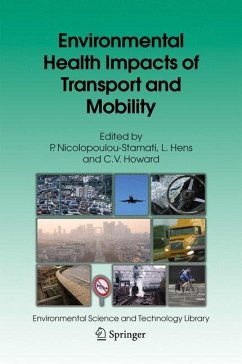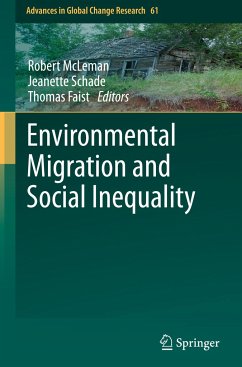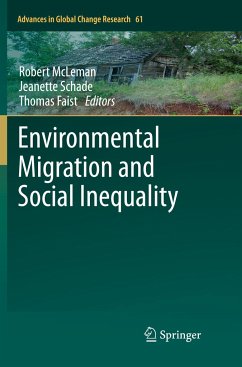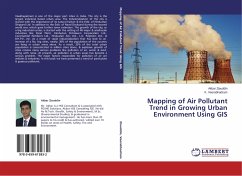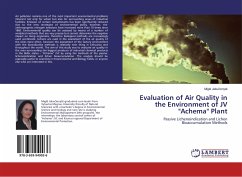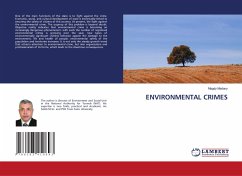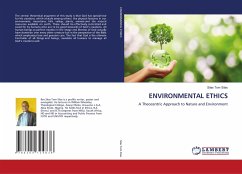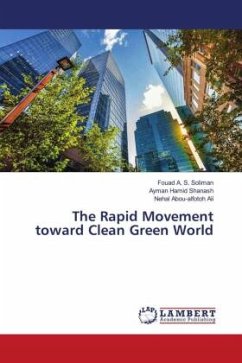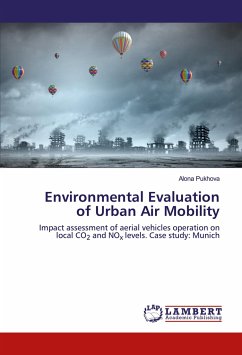
Environmental Evaluation of Urban Air Mobility
Impact assessment of aerial vehicles operation on local CO2 and NOx levels. Case study: Munich
Versandkostenfrei!
Versandfertig in 6-10 Tagen
36,99 €
inkl. MwSt.

PAYBACK Punkte
18 °P sammeln!
Urban air mobility (UAM) is a new mobility concept that could significantly change the way urban mobility is understood in general and drastically influence the current manner of travelling. Taking into account the environmental concerns and the problems of heavily polluted air in the cities, new transportation solutions must be environmentally evaluated prior to their launch. Therefore, this work estimates the effects of UAM operation on current levels of traffic-related CO2 and NOx emissions in Munich. The study compares two scenarios with and without UAM. Moreover, ten additional scenarios ...
Urban air mobility (UAM) is a new mobility concept that could significantly change the way urban mobility is understood in general and drastically influence the current manner of travelling. Taking into account the environmental concerns and the problems of heavily polluted air in the cities, new transportation solutions must be environmentally evaluated prior to their launch. Therefore, this work estimates the effects of UAM operation on current levels of traffic-related CO2 and NOx emissions in Munich. The study compares two scenarios with and without UAM. Moreover, ten additional scenarios considering shift to electric vehicles and increased share of renewables in electricity mix were calculated. Initial results showed that the UAM introduction in Munich did not have an effect on average trip distance and the total distance travelled of ground modes. The UAM operation generates additional levels of CO2 and NOx. Nevertheless, UAM operation could the most environmentally beneficial and could reduce daily CO2 emission levels when electricity consumed by aerial vehicle is fully generated from renewable sources.





